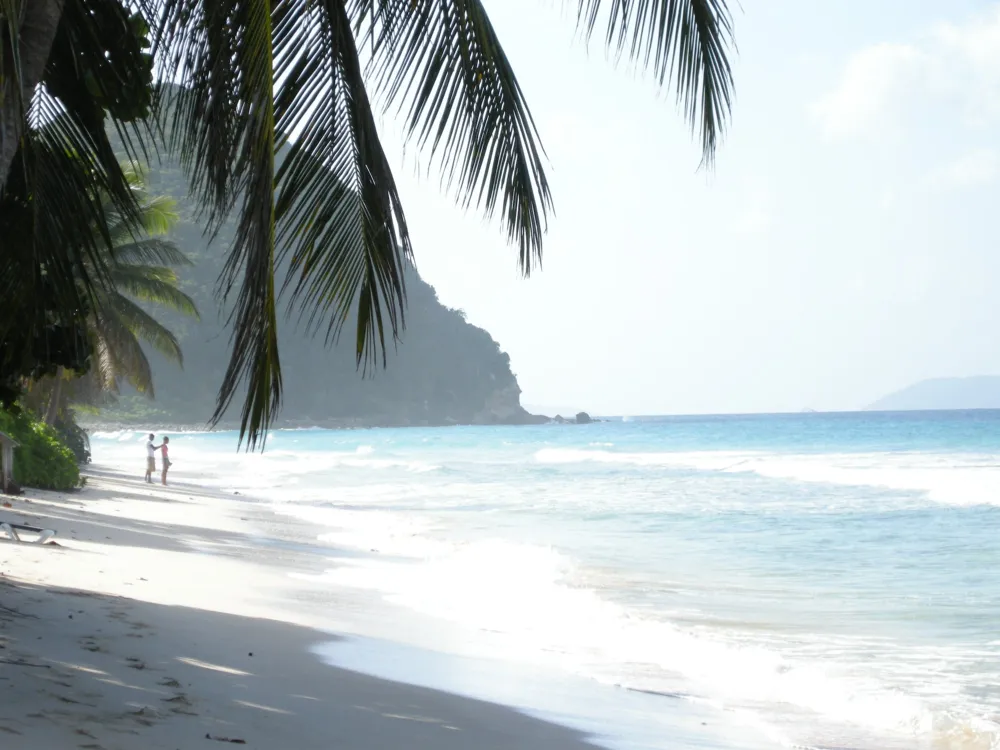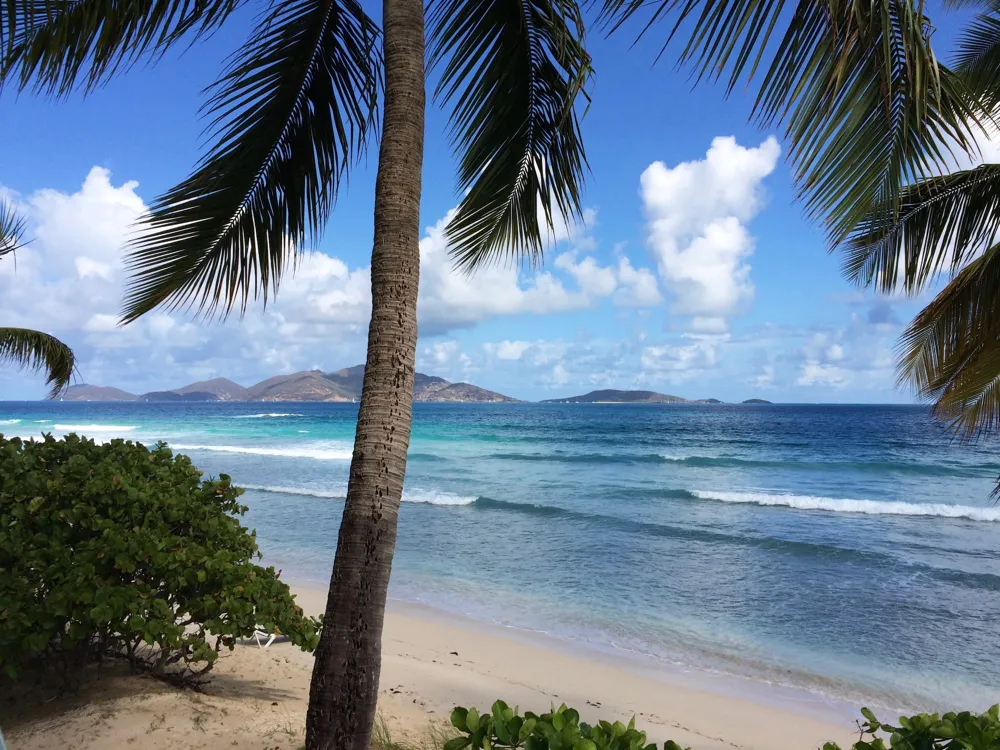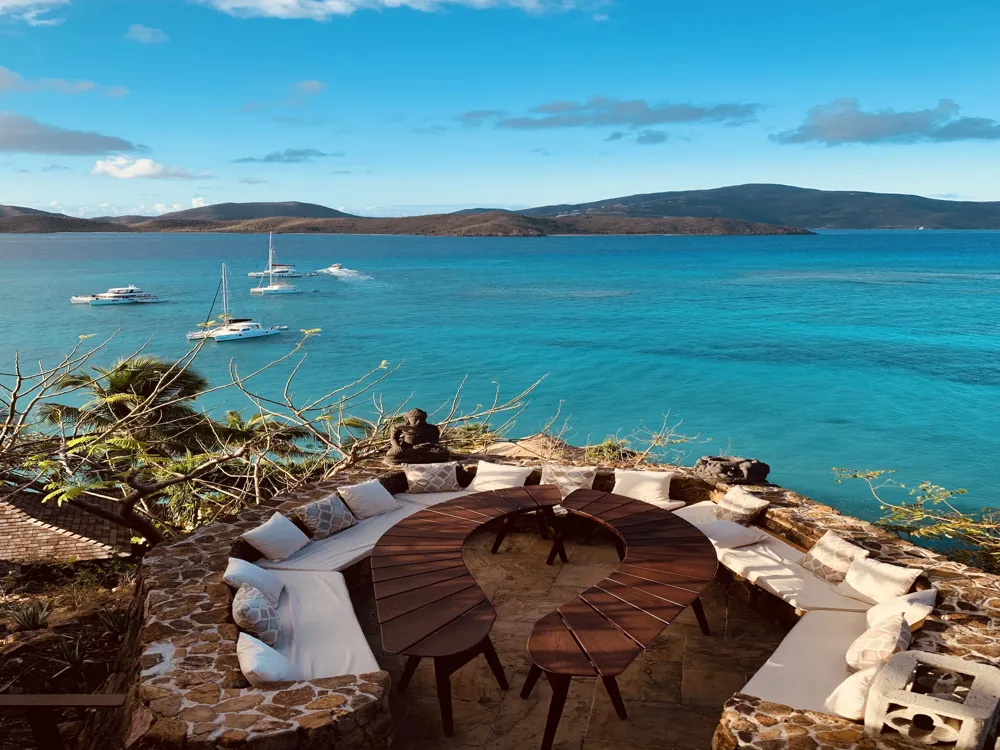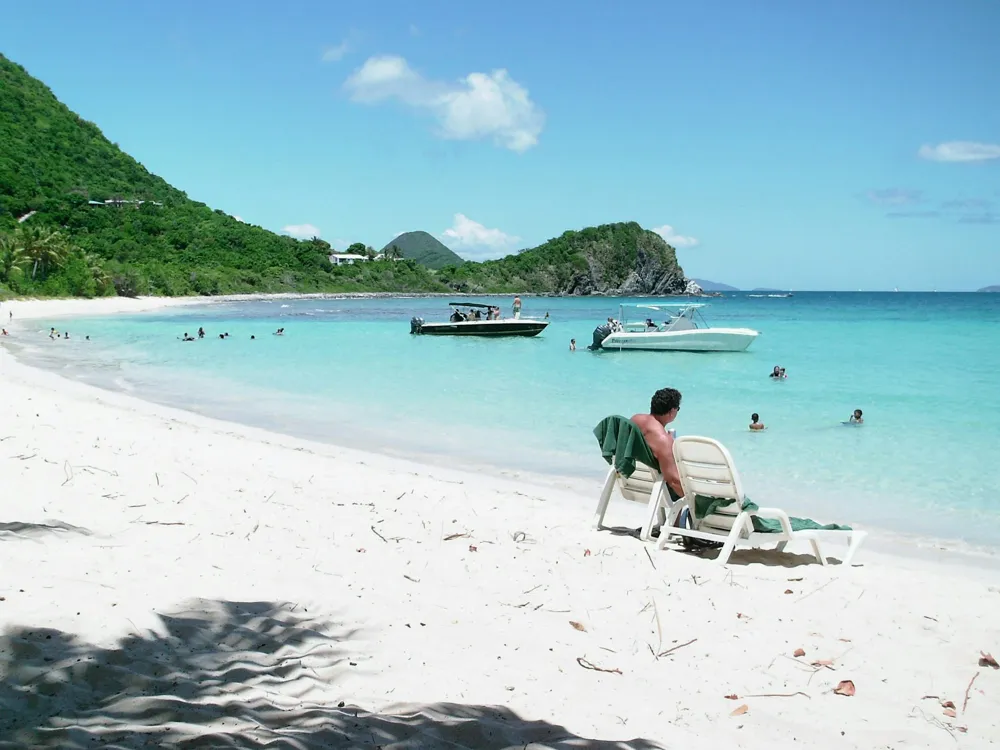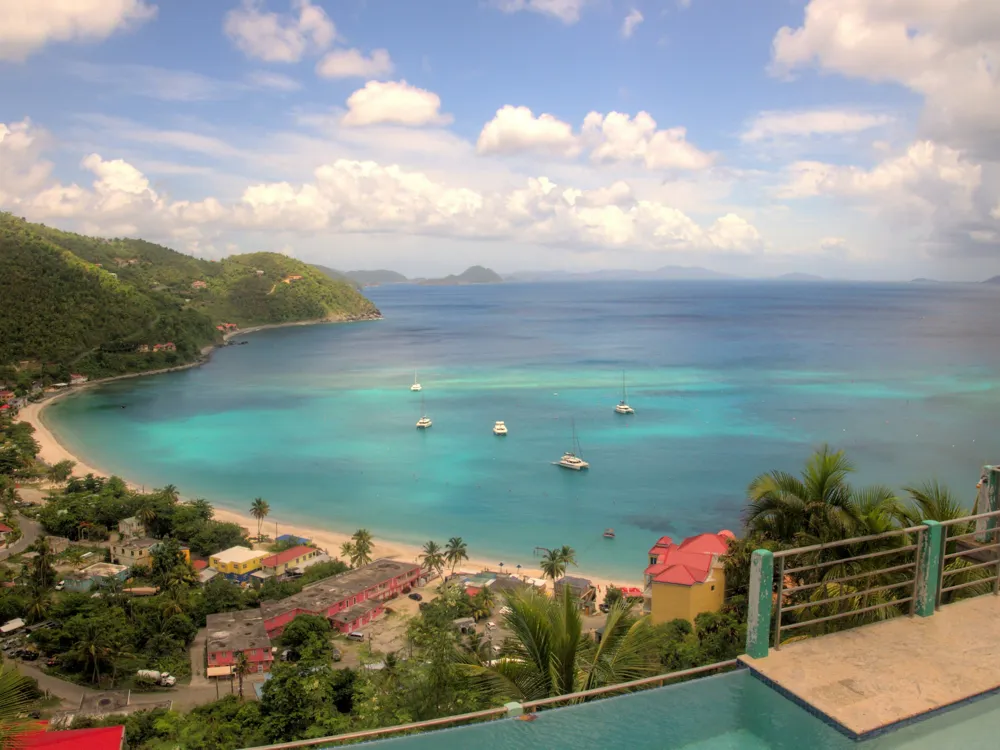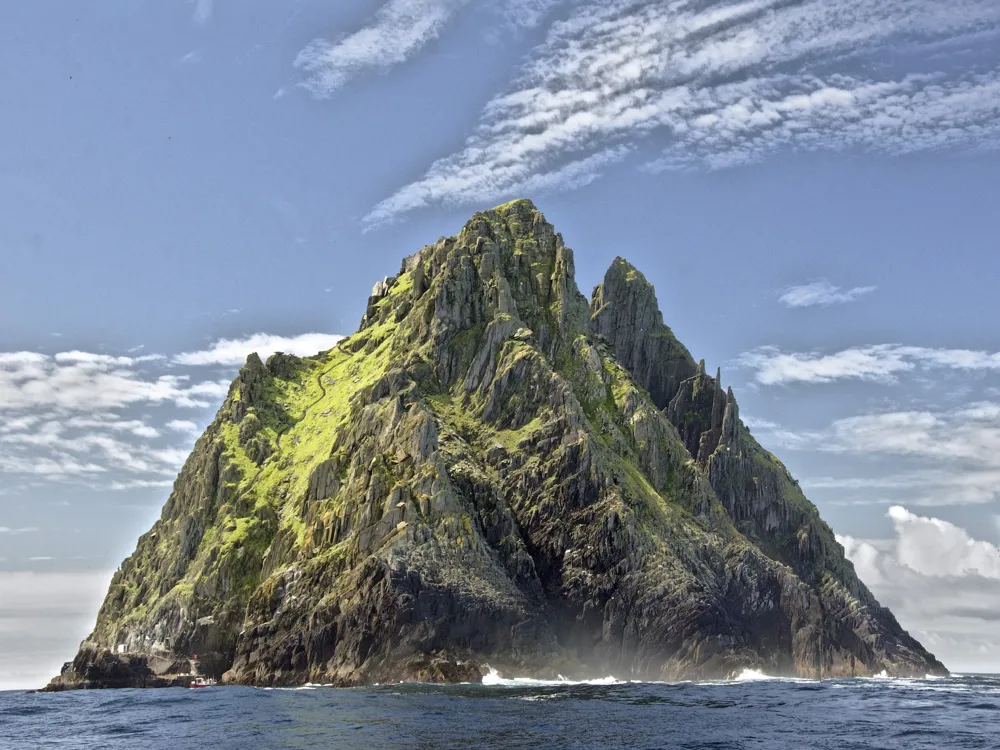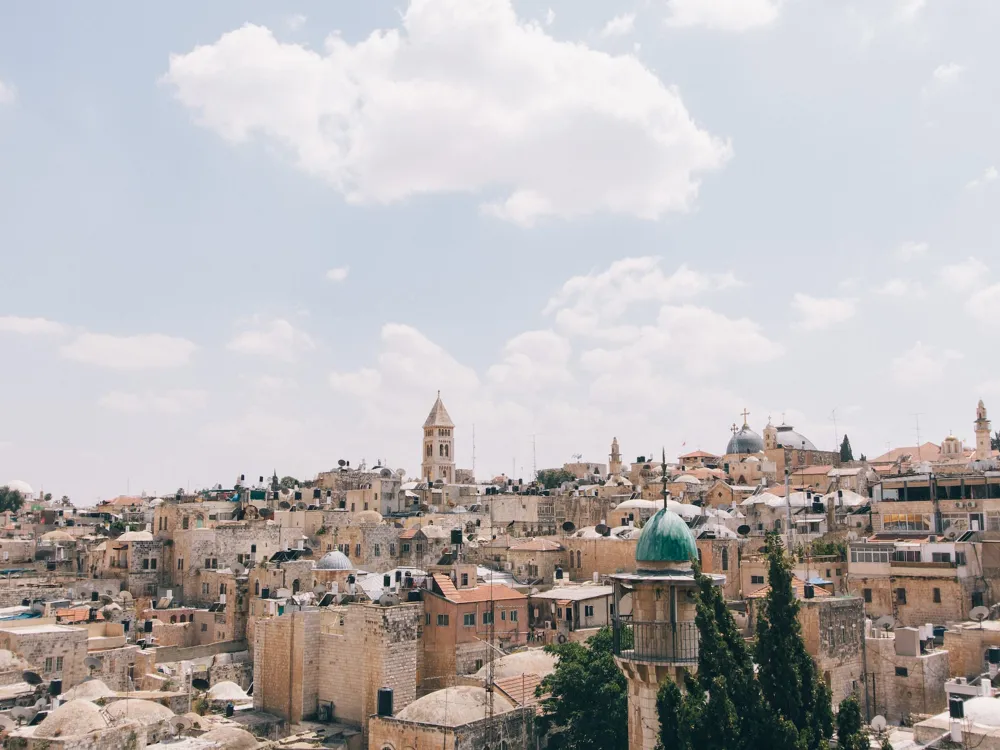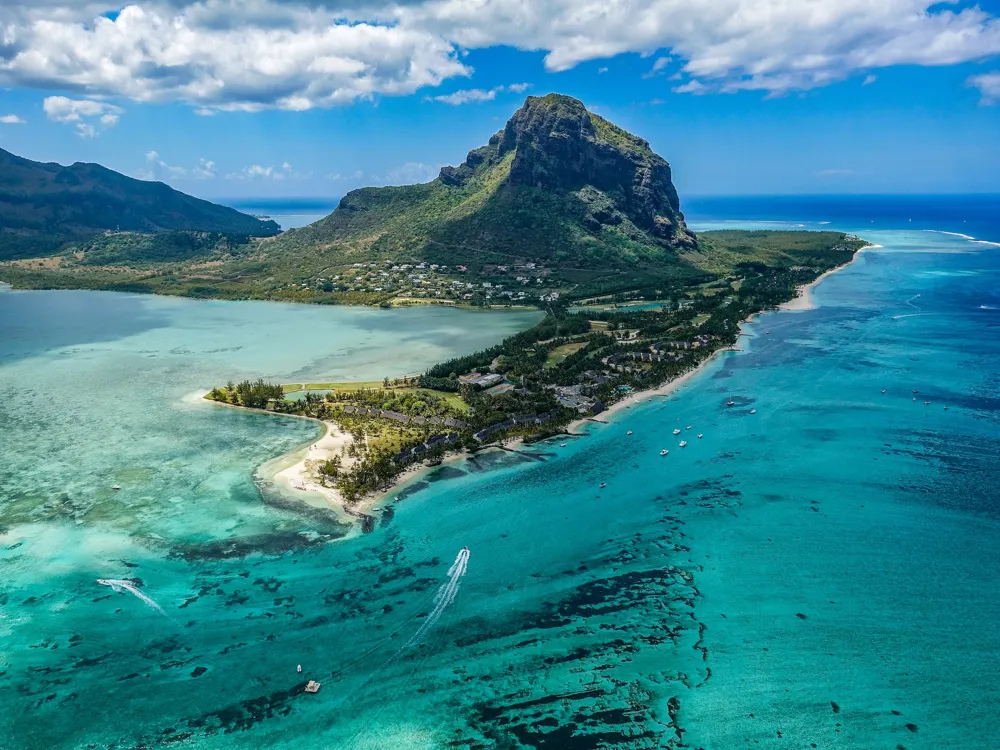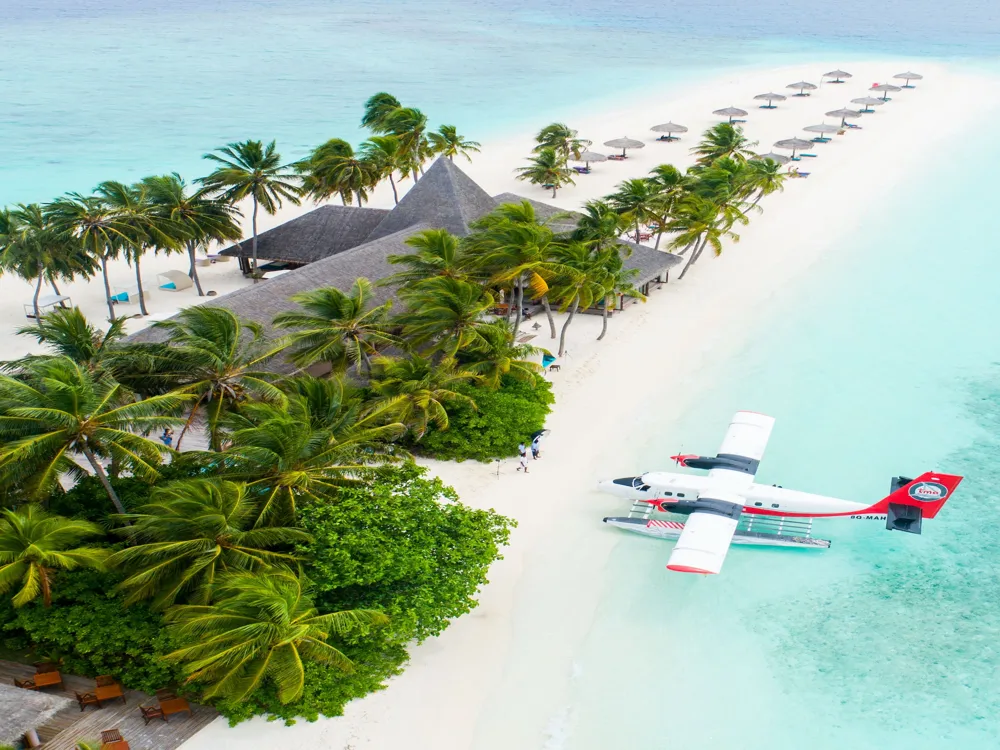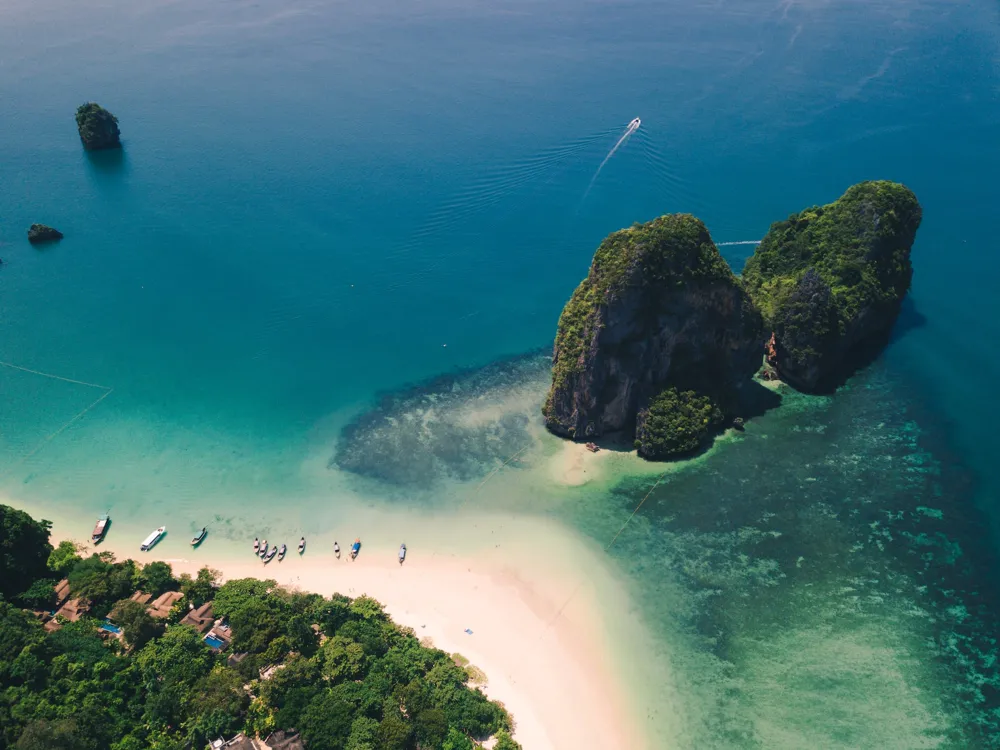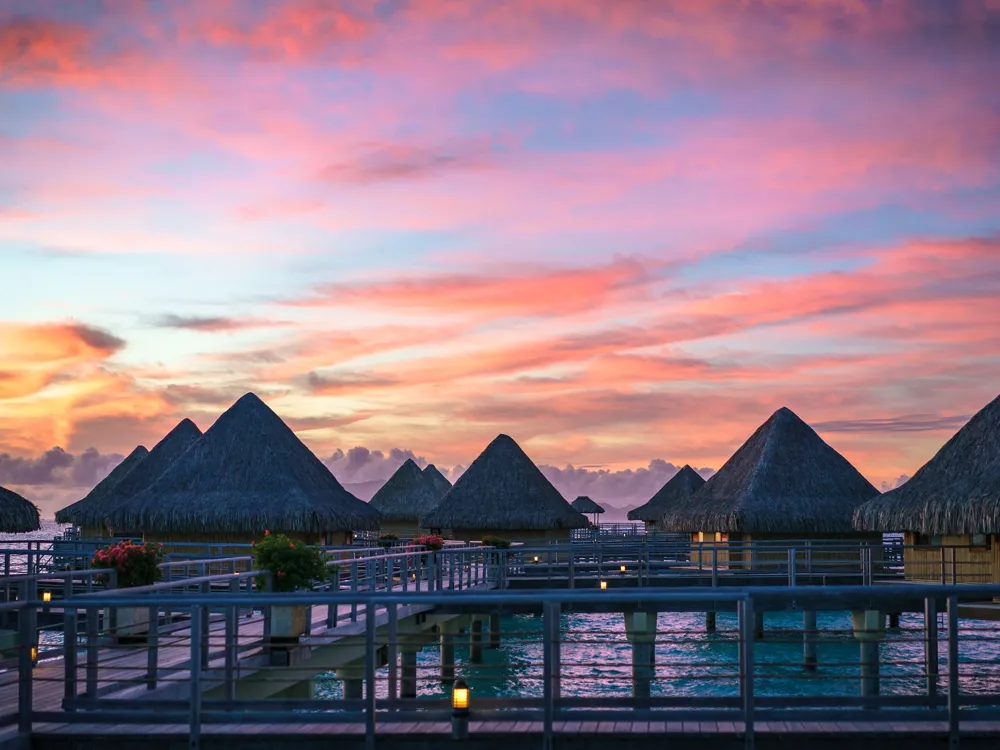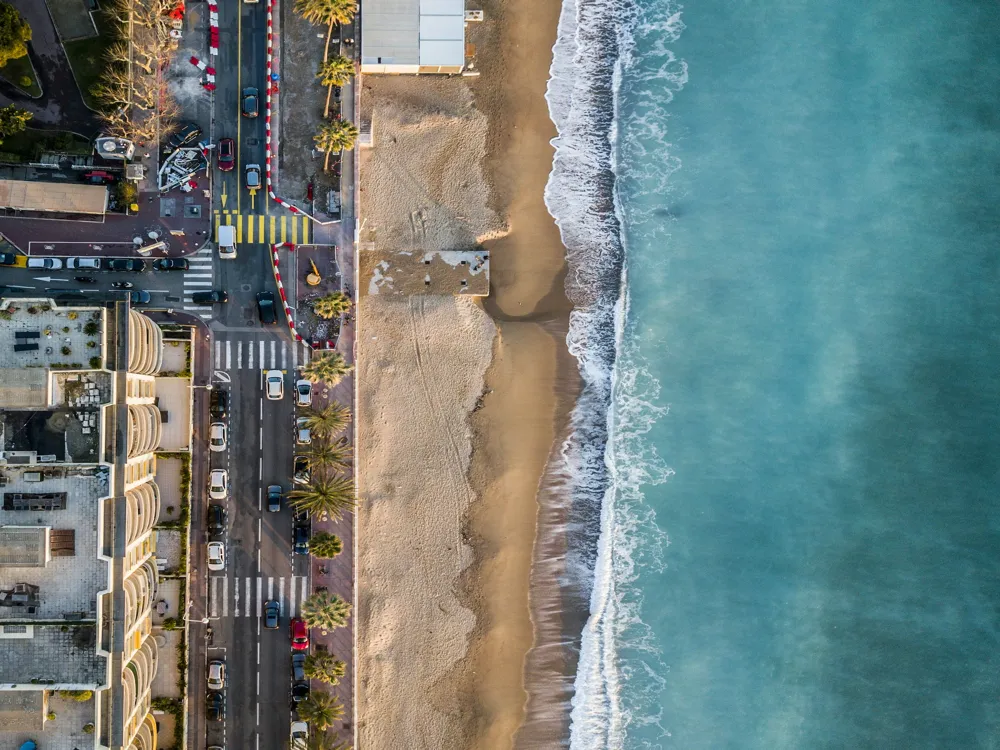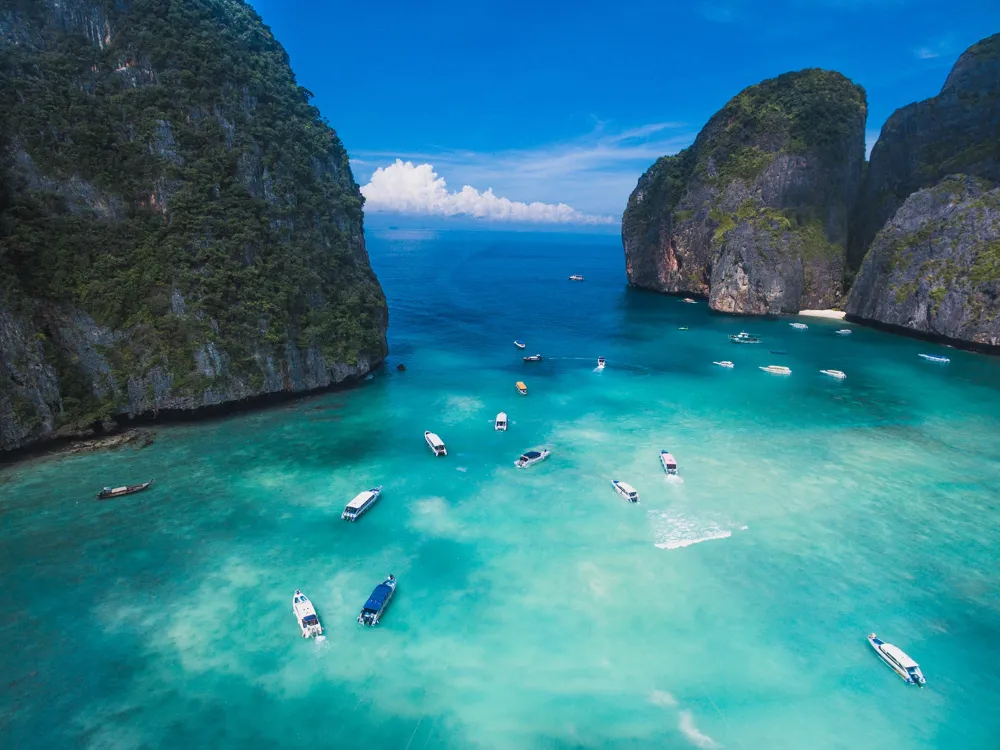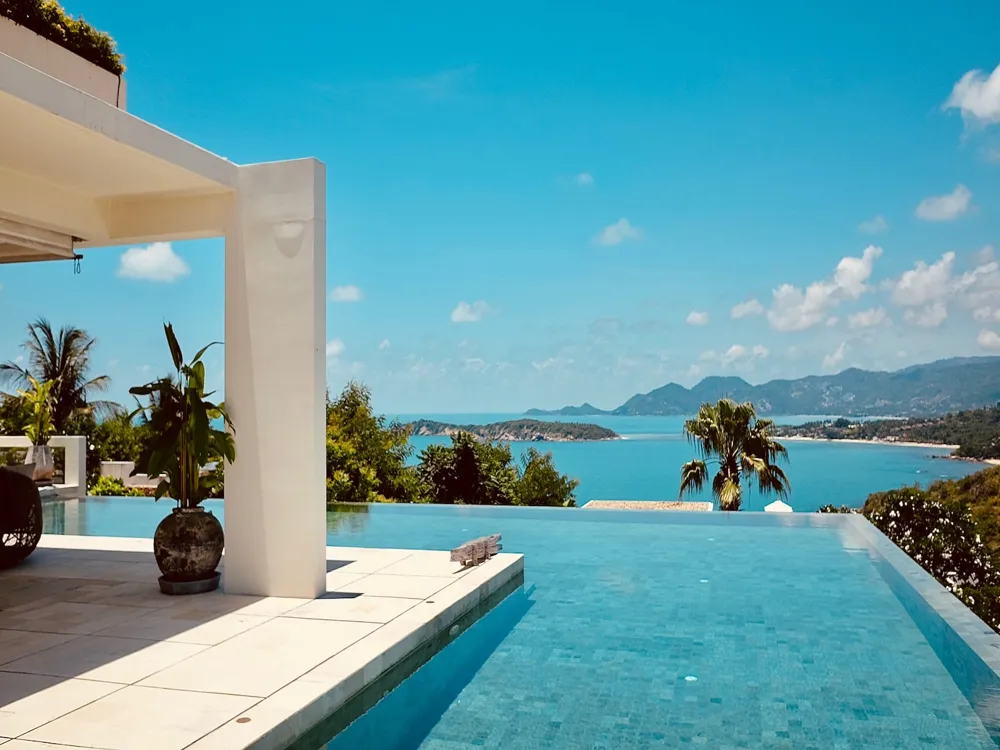Best Time to Visit British Virgin Islands
NaN
Sub-Region: CaribbeanNaN onwards View Packages
Get Customized PackagesThe Land of Diversity
Top Hotel Collections

Private Pool

Luxury Hotels

5-Star Hotels

Pet Friendly
What is the best time to visit the British Virgin Islands?
The British Virgin Islands, with their breathtaking landscapes and inviting waters, beckon travelers year-round. However, understanding the nuances of each season can elevate your experience. The ideal time to visit often depends on your preferences and the activities you have in mind.The British Virgin Islands are principally round-the-clock destinations with subtropical climatic conditions. Still, December to April serve as the peak sightseer season, especially for Europeans and North American callers. The hospice's tariffs and flight prices are at their maximum during this time. This is also the time when rainfall is most affable and the sailing season is in full swing. The months of May and June are for those who enjoy fewer crowds, good rainfall, and low lodging rates. September is the time for heavy rains, and July to November are hurricane months, which are best avoided.
More about the Best Time to Travel to British Virgin Islands
Travel Peak Season in British Virgin Islands
The peak season in the British Virgin Islands typically spans from December to April. During these months, the weather is delightfully warm and the seas are calm, creating perfect conditions for sailing, snorkeling, and basking in the sun.
Travel off-season in British Virgin Islands
British Virgin Islands Tour Packages For those seeking a quieter escape, the offseason from May to November presents its own allure. While there's a higher chance of rain, this period offers a more serene atmosphere, with fewer crowds and a lush, vibrant landscape.
British Virgin Islands Travel Packages
View All Packages For British Virgin Islands
British Virgin Islands Weather in Winter (November – February)
As winter descends on the Northern Hemisphere, the British Virgin Islands boast balmy temperatures ranging from 77°F to 88°F (25°C to 31°C). November marks the transition, with decreasing rainfall and increasing sunshine, setting the stage for the peak season.
British Virgin Islands Weather in November
November welcomes visitors with temperatures averaging around 78°F (26°C), making it an excellent time for outdoor adventures. The occasional rain showers contribute to the lush scenery, creating a picturesque backdrop.
British Virgin Islands Weather in December
December signals the onset of the peak season, with temperatures hovering between 75°F and 85°F (24°C to 29°C). The seas remain calm, inviting water enthusiasts to explore the vibrant underwater world.
British Virgin Islands Weather in January
January continues the pleasant weather, with temperatures ranging from 74°F to 84°F (23°C to 29°C). This month is ideal for sailing and soaking up the Caribbean sun on pristine beaches.
British Virgin Islands Weather in February
In February, temperatures remain consistent, providing an excellent environment for outdoor activities. Whether it's snorkeling in crystal-clear waters or hiking scenic trails, the British Virgin Islands offer an abundance of possibilities.
British Virgin Islands Weather in Summers (March to June)
As spring transitions into summer, the British Virgin Islands experience warmer temperatures, ranging from 76°F to 88°F (24°C to 31°C). This period caters to those seeking a perfect balance between sunshine and occasional refreshing showers.
British Virgin Islands Weather in March
March introduces warmer weather, with temperatures around 78°F (26°C). The islands burst with color as flora blossoms, providing a stunning backdrop for nature enthusiasts.
British Virgin Islands Weather in April
April brings sunnier days and an average temperature of 80°F (27°C). It's an excellent time for water activities, from diving into the vibrant coral reefs to enjoying the soft sandy beaches.
British Virgin Islands Weather in May
May marks the beginning of the offseason, characterized by temperatures ranging from 81°F to 87°F (27°C to 31°C). While there's a slight increase in rainfall, the islands remain enchanting for those seeking a tranquil escape.
British Virgin Islands Weather in June
June maintains warm temperatures, averaging around 82°F (28°C). Despite being the start of the offseason, it offers a unique charm with blooming landscapes and fewer tourists.
British Virgin Islands Weather in Monsoon (July – October)
The monsoon season from July to October is considered the offseason, with higher chances of rainfall and occasional tropical storms. While it's not the preferred time for some water activities, it provides an opportunity to experience the islands in a more serene state.
British Virgin Islands Weather in July
July ushers in warmer temperatures, with an average of 83°F (28°C). While there's an increased chance of rain, the lush greenery and fewer tourists create a peaceful atmosphere.
British Virgin Islands Weather in August
August sees similar temperatures and a higher likelihood of rainfall. Despite the occasional showers, the islands offer a quieter retreat, perfect for those who prefer a more laid-back experience.
British Virgin Islands Weather in September
September continues the offseason, with temperatures ranging from 81°F to 89°F (27°C to 32°C). While there's a higher chance of rain, the islands showcase their natural beauty with flourishing vegetation.
British Virgin Islands Weather in October
October marks the conclusion of the offseason, with temperatures averaging around 82°F (28°C). As the islands prepare for the upcoming peak season, visitors can enjoy the tranquility before the crowds return.
Conclusion
Choosing the best time to visit the British Virgin Islands depends on your preferences and the experience you seek. Whether you opt for the vibrant peak season or the serene offseason, each period has its own unique charm, making the British Virgin Islands a year-round destination.
Places To Visit In British Virgin Islands
Nearby Places British Virgin Islands
British Virgin Islands Photos
View All Photos For British Virgin IslandsBrowse Package Collections
Browse Hotel Collections
Faq
Q1: When is the best time to visit the British Virgin Islands?
A1: The ideal time to visit the British Virgin Islands is during the dry season, which typically spans from December to April. This period offers pleasant weather with lower chances of rain, making it perfect for outdoor activities and water sports.
Q2: What is the weather like during the peak season?
A2: The peak season, from December to April, brings warm temperatures ranging from 77°F to 88°F (25°C to 31°C). You can expect sunny days, gentle trade winds, and calm seas, providing an optimal environment for beach lounging and sailing.
Q3: Are there any specific months to avoid due to weather conditions?
A3: While hurricanes are less likely during the dry season, they are a concern from June to November. August and September are the peak months for hurricanes, so it's advisable to avoid planning your visit during this period to minimize the risk of disruptions.
Q4: Is there an off-peak season that offers more budget-friendly options?
A4: Yes, the off-peak season runs from May to November. During this time, you may find lower accommodation rates and fewer crowds. However, be aware of the increased chance of rain and the possibility of tropical storms, especially in late summer and early fall.
Q5: What can I expect during the wet season in the British Virgin Islands?
A5: The wet season, from May to November, brings higher humidity and occasional rainfall. While showers are usually short-lived, it's advisable to pack a light rain jacket. The landscape is lush and green during this time, offering a different perspective for nature enthusiasts.

